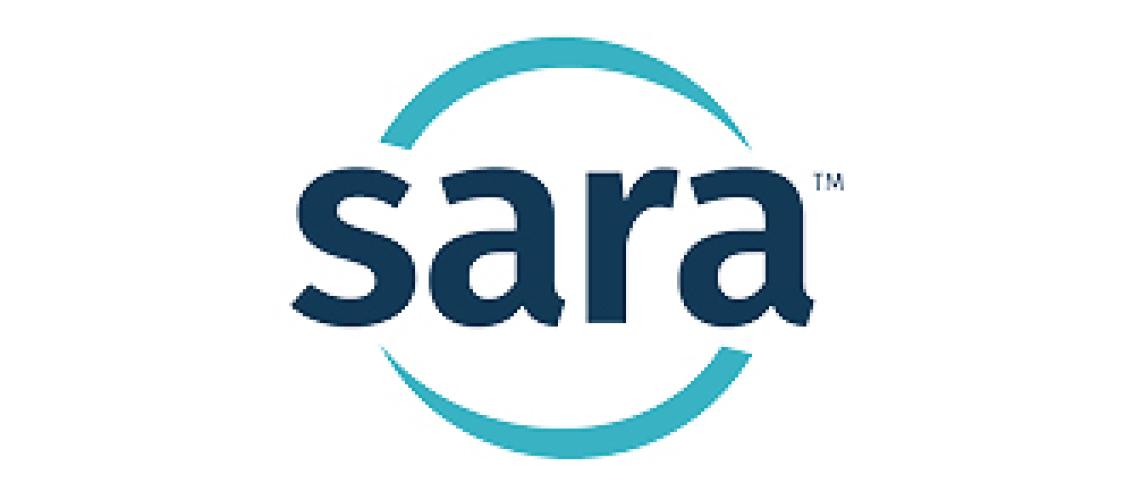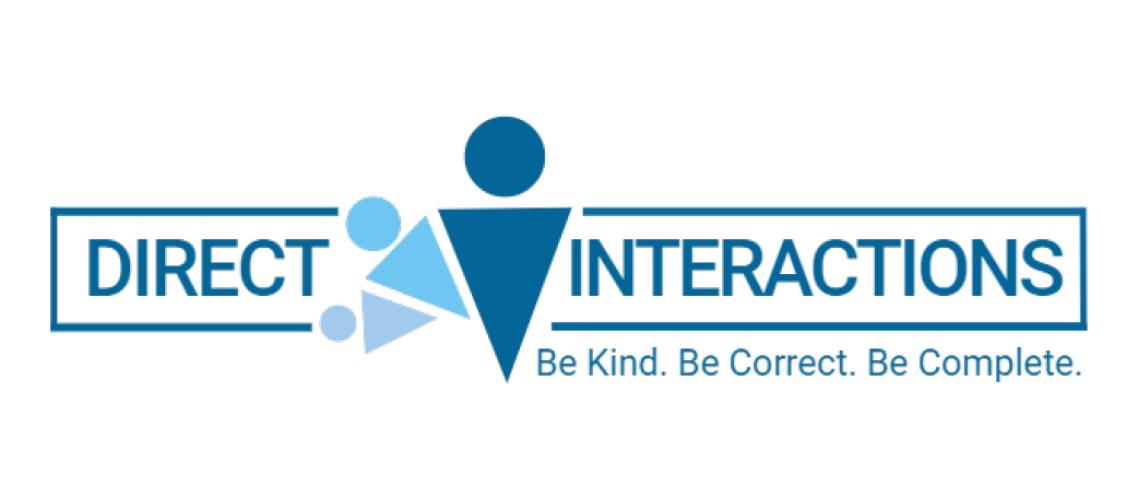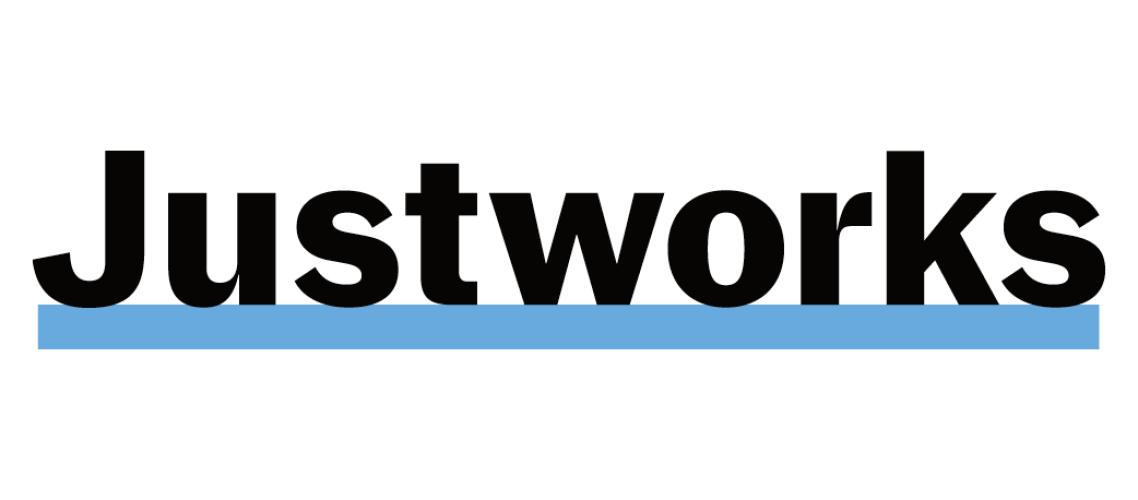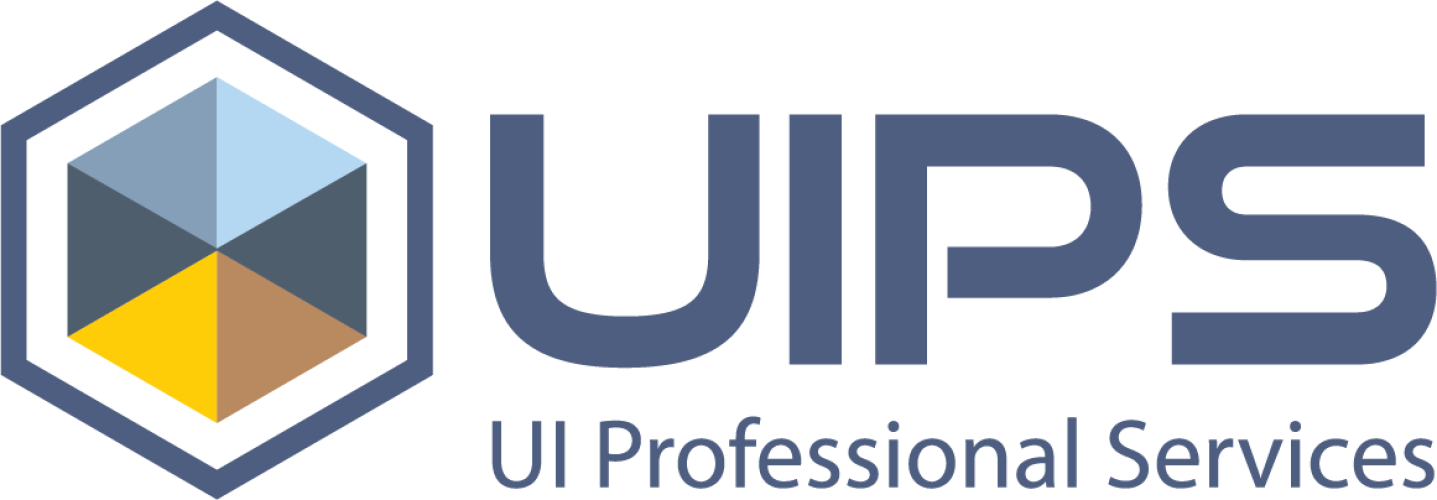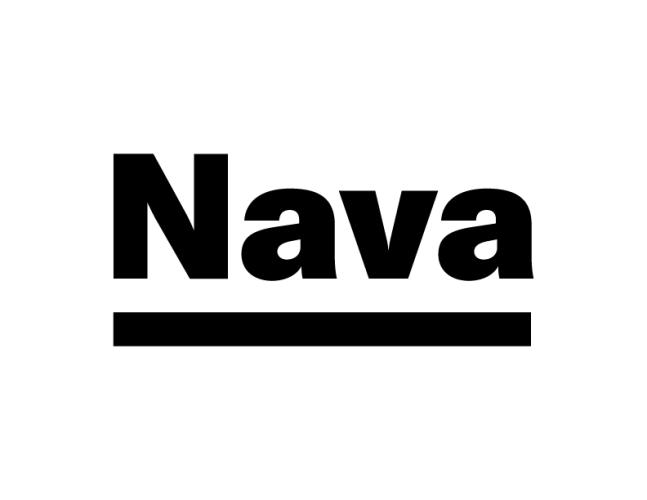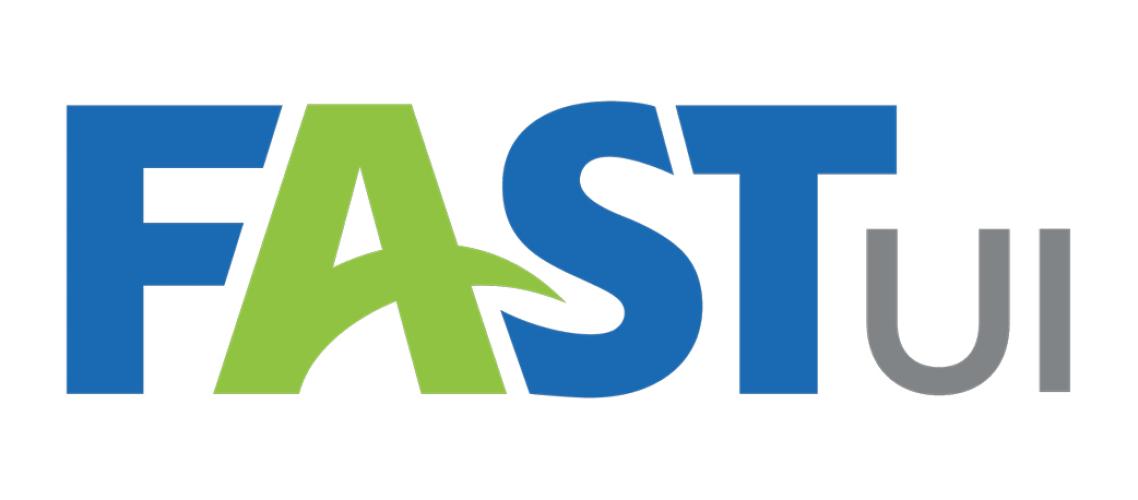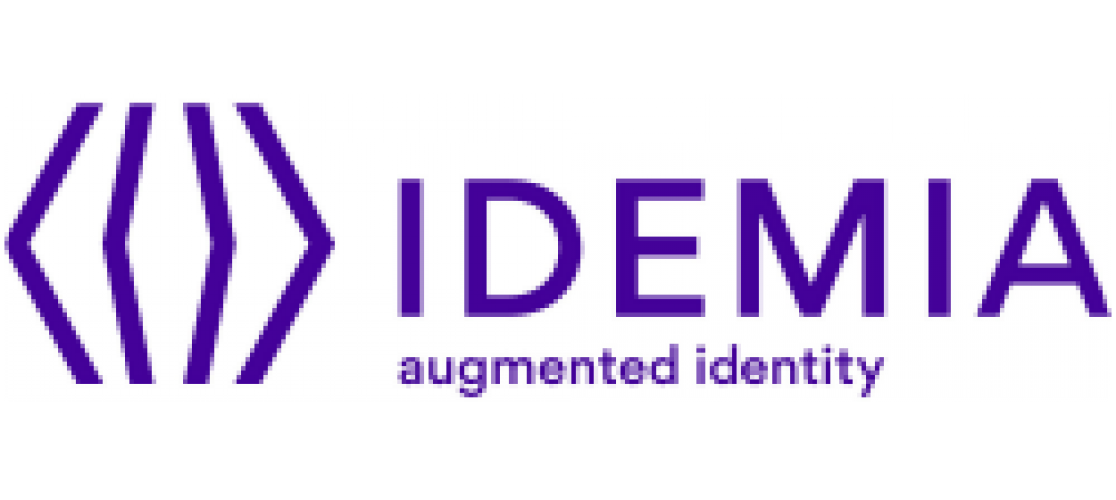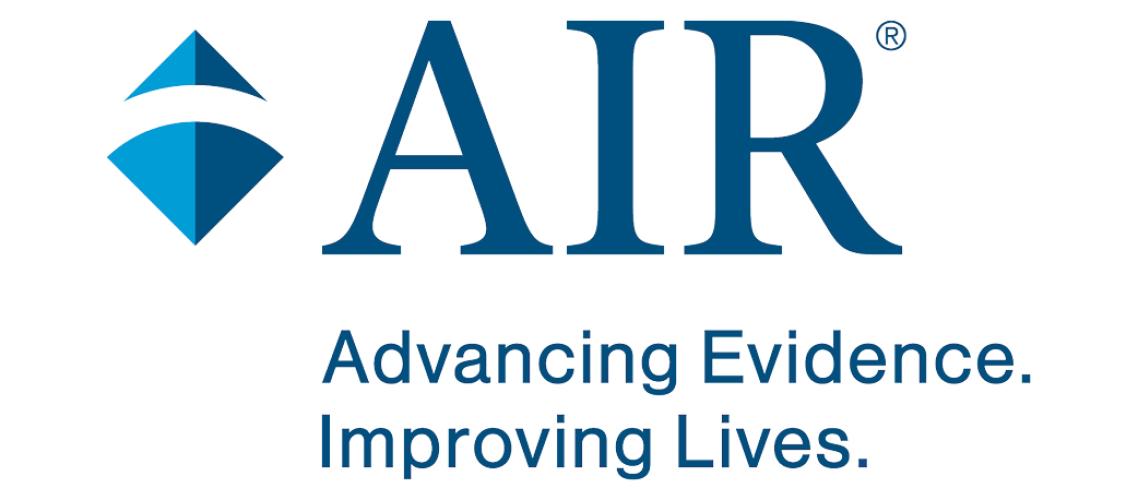Wisconsin's WisConomy
Wisconsin Data Insights and Innovations Award Nomination: WisConomy
Contact Information of Individual Submitting Nomination
Nominator: Kathryn Mueller
Email Address: Kathryn.Mueller@dwd.wisconsin.gov
Agency Name: Wisconsin Department of Workforce Development
Wisconsin's WisConomy
The Department of Workforce Development recently developed WisConomy, a new product/service that improves the way Labor Market Information (LMI) is shared and accessed. WisConomy is a new LMI web application that helps users with different experience levels explore, share, and analyze LMI data with its interactive tools. Users can access an integrated data query that can create LMI datasets; Tableau dashboards can be customized, saved, and shared; and career exploration tools can be accessed. WisConomy provides the ability for users to create an account allowing them to save their queries and dashboards. Users can also share them through multiple formats including email. WisConomy makes LMI data more accessible and easier to understand for job seekers and connects them to career exploration tools like DWD's Skill Explorer. WisConomy can be found at WisConomy.com.
Statement of results, accomplishments, impacts and any other appropriate information that demonstrates why the nominee's efforts were an exceptional contribution.
The ability to save and share data in both a traditional and visual context allows users with a variety of needs to utilize the data. One of the challenges of sharing this type of data is a user's ability to understand the information they are looking at and finding a way to present useful information for the different needs. Typical data users include students, job seekers, employers, grant writers, technical schools and universities, human resources, site selectors, researchers, government agencies, legislators, and media outlets.
With a broad audience of users, it was important to make ease-of-use a priority while providing control for advanced users. The development team paid particular attention to different user types including basic, intermediate and expert levels. A goal included the use of layman's terms as much as possible. Traditional Labor Market Information explanations are laden with acronyms that most users would not understand without researching the different programs. The navigation menus were designed to provide quick learning and recall for users by eliminating large dropdowns. WisConomy now has three times as many unique page views as the previous online LMI tool and users are spending more time on each page; creating queries and reviewing the visualizations that they can create.
It was important for the team to integrate the new tools with existing job seeker focused applications including Skill Explorer and MyLMI. These tools are valuable for all user types and help them navigate to their end purposes. Occupations returned through WisConomy queries are linked to Skill Explorer, which provides job seekers a link to the job openings on JobCenterofWisconsin.com and a list of skills, education requirements, and job tasks to aid in their job seeking
The application was designed to allow non-developer staff to add or remove dashboards and create custom parameters that can be saved and recalled within the application. This access provides LMI staff the ability to respond to customer feedback with updates and maintenance of WisConomy creating a cost-effective and responsive tool.
WisConomy is an impactful tool that provides valuable information for both basic and advanced users through an accessible and visual platform. LMI can be viewed in charts and graphs, data can be saved and shared in an easy format and the application maintenance allows LMI staff to be responsive to customer needs quickly and cost effectively.
Other significant contributions
WisConomy has been gaining national attention. The LMI staff at the Wisconsin Department of Workforce Development have been contacted by other states inquiring how the WisConomy website and visualizations were developed. Committed to sharing the insights of our staff and resources, this information is shared freely along with best practices and barriers that were discovered during development. DWD has been asked to participate on the Analyst Resource Center's national committee to examine the potential use of Application Programming Interfaces by each state for the purposes of improving consistent access and use of LMI data.
WisConomy was based on stakeholder focus groups, surveys, requests from businesses, researchers, economic development partners. LMI staff led a workgroup made up of staff from several bureaus which examined operational and programmatic issues related to data sharing and access with the intent to reduce duplication, maximize integration of systems and data sharing, and development of applications to leverage data and resources to improve services to the public.
